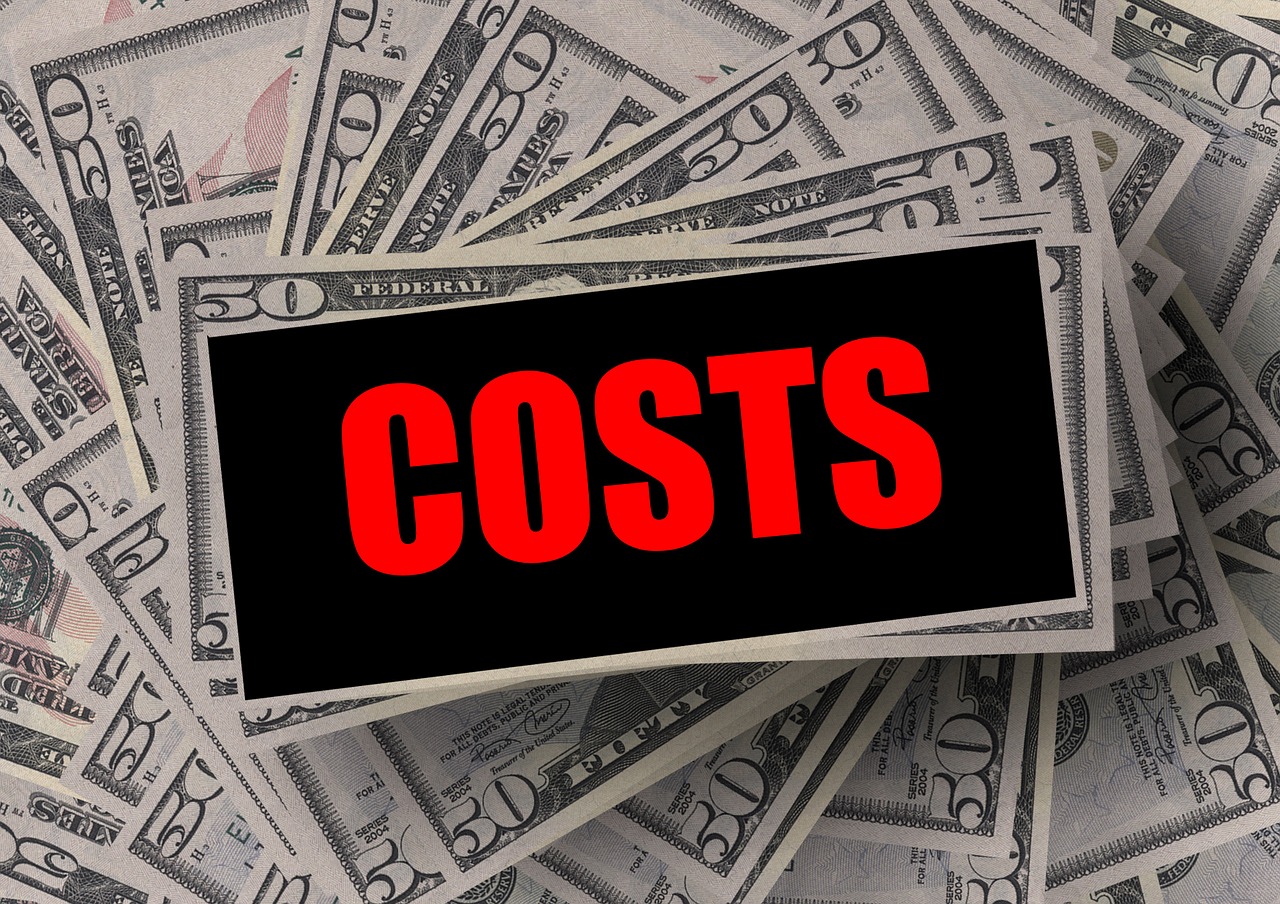
When you’re running your own small business, you’ve got to find any way you can to save money and reduce costs. For many businesses, this means working with low overhead. However, if you’re not careful, your overhead costs can quickly spiral out of control and cause your business to be less and less profitable over time.
Before we actually delve into the tips, let’s take an example of product manufacturing, which typically requires mass production of prototypes. To achieve this, businesses often use CNC machining (Computer Numerical Control) technology to make products with precision. On the other hand, some prototypes only need to be created in less numbers, but CNC can be expensive in these cases. In such situations, processes like low-volume urethane casting or 3D printing can be beneficial. These technologies can be helpful in creating a less number of products quickly, while also keeping the costs low. Keep reading to know more techniques to lower your business costs.
To help you fight against this happening within your business, here are three tips for reducing your overhead costs as a business.
Only Pay For What You Need
In the fledgling years of your business, one of the most effective strategies for keeping overhead costs low is to focus on paying only for the essentials-those things your business truly needs. When you’re just starting out, it’s easy to get caught up in the excitement of outfitting your business with the latest gadgets, software, or office space. However, many of these expenses can quickly become unnecessary burdens on your budget if they don’t directly contribute to your business’s growth or operational efficiency.
According to Tucker Cummings, a contributor to LifeHack.org, it should be a common practice to look at your business and ask yourself what you’re currently paying for that you aren’t using enough to make it worth it. In some instances, this might include only renting equipment as-needed rather than buying your own equipment. In other situations, you might be able to get away with cleaning your own business space rather than paying for a cleaning service to do this work.
As you become more and more financially stable, you can then start hiring out work that you either can’t or don’t want to do on your own. But until you reach this point, you should really only pay for the things you absolutely need in order for your business to function.
Cut Excess Staff
One of the largest expenses that many businesses face is payroll for their employees. While having a team is essential for scaling and growing your business, hiring too many employees too quickly can cause your overhead costs to soar. For a small business just starting out, this can be particularly risky, as the additional financial burden can strain your resources and limit your ability to invest in other crucial areas, such as product development or marketing.
If this is something you’re trying to manage, David Finkel, a contributor to Inc.com, recommends that you see what you can do to cut some of your excess staff. While this might be a hard pill to swallow, if it will save your business money, this might be something that simply needs to be done. If you’re able to trim your staff by 25 percent, you likely won’t even see a drop in the quality of work that you’re able to do either.
In such cases, it’s wise to outsource certain functions instead of hiring full-time staff. Outsourcing allows you to access the expertise you need without the long-term financial commitment of additional employees, helping to keep your overhead costs manageable. For instance, rather than bringing on an in-house IT team, you could work with a firm that offers IT managed services tampa, or elsewhere, to manage your business’s technology infrastructure. Similarly, instead of building an internal marketing department, you can partner with a marketing agency that specializes in your industry. By outsourcing these functions, you can focus your resources on the core aspects of your business, such as product development and customer service.
Conserve Your Resources and Utilities
Another significant overhead cost for small businesses is their monthly expenses for resources and utilities. These costs can quickly add up, especially if not carefully managed. Resources such as office supplies, raw materials, and inventory are essential for daily operations, but without proper planning, businesses can overspend, leading to cash flow issues. Utilities, including electricity, water, internet, and phone services, are also critical but often overlooked expenses that can drain your budget if not kept in check.
To reduce these costs, Susan Ward, a contributor to The Balance Small Business, recommends that you do what you can to conserve and reduce your overall usage of things like water, electricity, and more. Not only will this benefit you financially, but it will also help the environment as well.
Every business will need legal advice at some point or another and you need this to be top quality and affordable. Firms such as Law Offices of Cheng, Cho, & Yee, PC are great examples of what the market has to offer.
If you’re needing to reduce some of your business’s overhead costs, consider using the tips mentioned above to help you do just that.